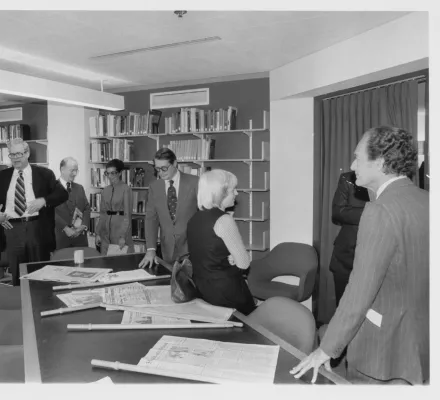
Our History
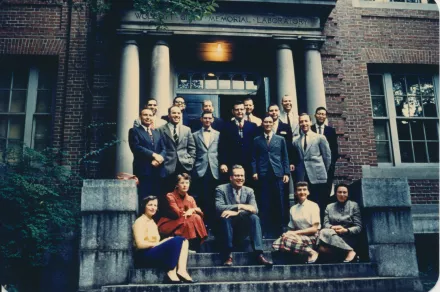
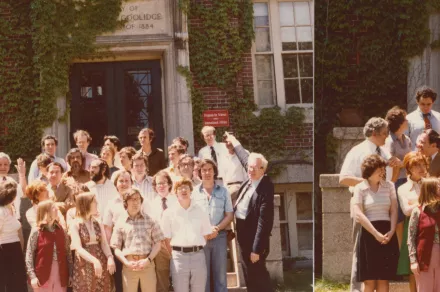
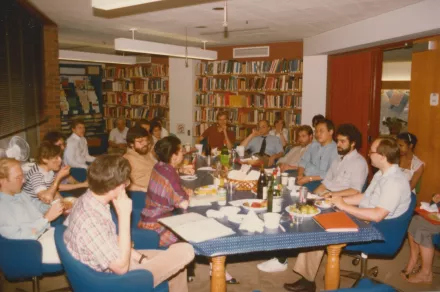
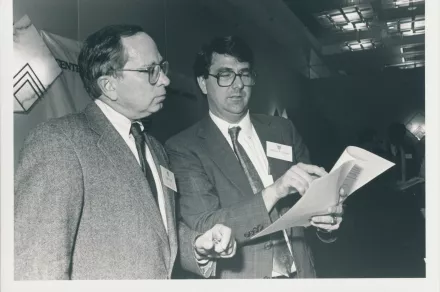
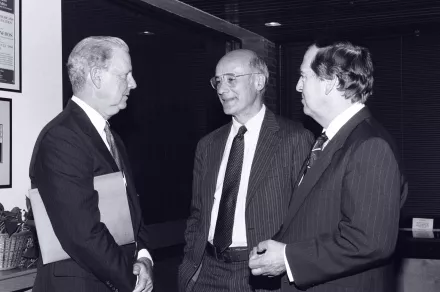
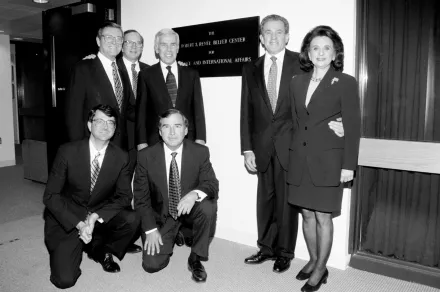
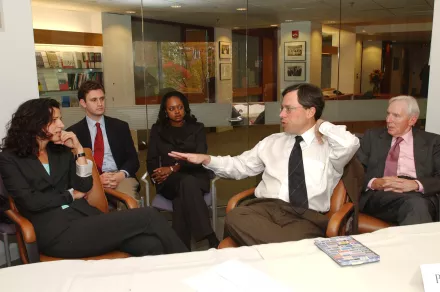
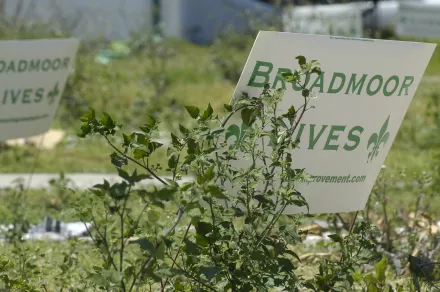
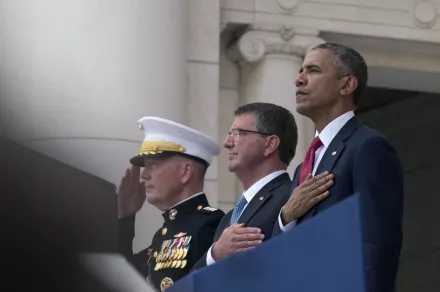

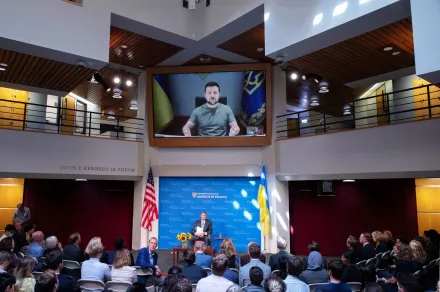
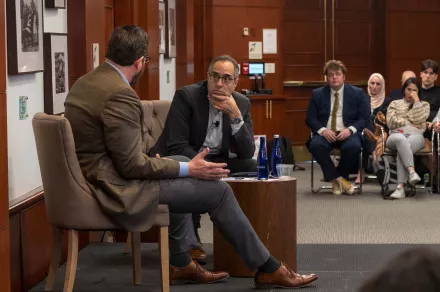
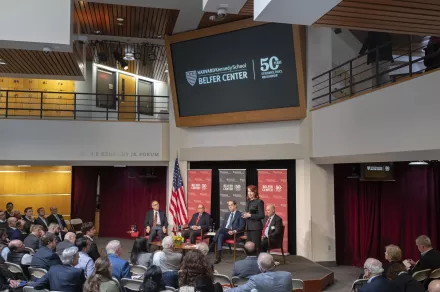

1970s - How We Began
During the Cold War, Harvard biochemist Paul Doty was deeply concerned about the tense relations between the United States and the Soviet Union. Doty collaborated with Soviet scientists who shared his worries about the potential for nuclear escalation. In the early 1970s, Doty recognized a significant gap in academic offerings—universities were not providing courses on arms control and international security, crucial for preparing future experts in these fields. Motivated by this, Doty envisioned a program at Harvard dedicated to research and education in arms control and related issues at the intersection of science and international affairs.

The Program for Science and International Affairs established in 1973.
Soon after, it became the first research center at Harvard's John F. Kennedy School of Government.

1980s
Throughout the early 1980s, we intensified our focus on arms control and disarmament, with a growing emphasis on the militarization of space. Our researchers also delved into the security implications of competition over energy resources, highlighted by a U.S. Department of Energy-sponsored workshop on energy and security. Additionally, we began exploring the challenges and opportunities presented by technological advancements.

1990s
We played a pivotal role in efforts to dismantle and secure the hazardous nuclear, chemical, and biological remnants of the Soviet Union. The Nunn-Lugar Cooperative Threat Reduction Act, a direct result of our work, became one of the most significant national security initiatives since World War II. We supported the transition to a cooperative security order in the post-Cold War era, strengthened institutions within newly independent states, and worked to prevent nuclear terrorism.

Soft Power
Simultaneously, the concept of "soft power,”developed by Joseph S. Nye while at the Belfer Center, gained international recognition as a novel method of influencing global power dynamics through positive attraction and persuasion rather than coercion. Soft power revolutionized diplomatic theory and practice.

Becoming the Belfer Center
In 1997, we were reendowed and renamed the Robert and Renée Belfer Center for Science and International Affairs.

2000s
Following the September 11th attacks, we became an immediate resource for terrorism-related information and analysis for policymakers and journalists. Belfer Center experts were appointed to high-level security positions in the U.S. government and played leading roles on the 9/11 Commission.

Responding to Climate Impacts
In response to Hurricane Katrina's devastation of New Orleans, we launched the Broadmoor Initiative, collaborating with one of the city's hardest-hit communities to rebuild and create a model for disaster recovery. With the intensifying impacts of climate change, our energy researchers convened experts from government, business, and academia to address energy and climate challenges and policy solutions in the U.S., China, and India. Additionally, our innovative science and technology research supported sustainable development efforts in developing countries. Our research and outreach also heightened awareness of critical energy challenges, the geopolitical implications of these challenges, and significant climate change concerns in the Arctic.

2010s
In 2015, President Obama appointed Ash Carter the 25th U.S. Secretary of Defense. A leading voice in national and international security, Secretary Carter spent his career at the Belfer Center and in public service, where he leveraged his expertise at the intersection of science and technology, global strategy, and policy. His appointment underscored our significant influence on U.S. defense and security policy.

Convening Power
Throughout the decade, we solidified our reputation as a convening powerhouse, hosting visits from notable figures such as Mikhail Gorbachev, Al Gore, John Kerry, and Ban Ki-moon. We redoubled our efforts to foster rich discussions and insights on historical and contemporary security issues, including war game simulations and an influential conference on the legacy of the Cuban Missile Crisis.

2020s
Drawing on our historical focus on mitigating global security threats through rigorous research and policy recommendations, we emerged as a necessary voice in shaping the understanding of the war in Ukraine. In October 2022, we hosted President Volodymyr Zelenskyy, marking one of his first U.S. engagements following the Russian invasion, further underscoring our pivotal role in global affairs.

Modeling Constructive Dialogue
Amid nationwide campus protests and critical examination of the role of universities in society, we stepped in to provide essential analysis and candid conversations on pressing societal issues. We hosted a series of forums and discussions, offering a platform for diverse perspectives and fostering constructive dialogue. These efforts underscored our commitment to addressing contemporary challenges and highlighted the importance of academic institutions in facilitating informed debate and driving positive change in times of social upheaval.

Celebrating 50 Years of Scholarship and Policy Impact
In 2023, we celebrated our 50th anniversary, marking five decades of advancing peace and security. This milestone honored our rich legacy, including over 1,400 faculty, fellows, students, and staff alumni who have gone on to influential positions across the globe.
